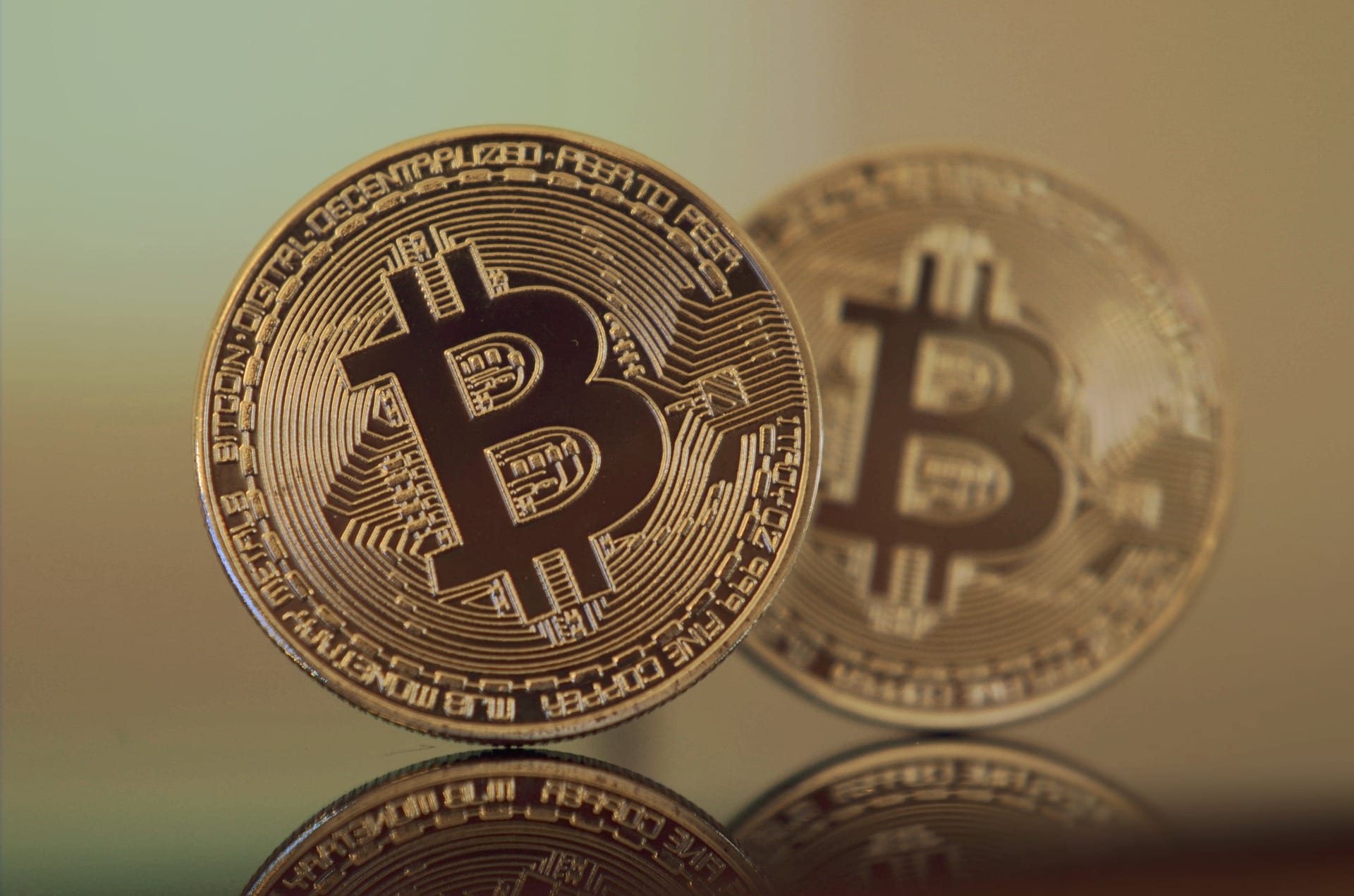On Episode 113 of The Edge of Innovation, we’re talking with executive advisor Scott Monty about looking to the future of innovation and learning from the past!

Hacking the Future of Business!

On Episode 113 of The Edge of Innovation, we’re talking with executive advisor Scott Monty about looking to the future of innovation and learning from the past!

On Episode 111 of The Edge of Innovation, we’re continuing our conversation with inventor Falk Wolsky! This time we’re talking about why it’s important to stay curious as an innovator!

On Episode 107 of The Edge of Innovation, we’re digging in our archives to bring back our most popular podcast – “Introduction to Cryptocurrency.”

On Episode 93 of The Edge of Innovation, we’re talking with entrepreneur Paul Rush, about the ups & downs of running a successful company.

On Episode 92 of The Edge of Innovation, we’re talking with entrepreneur Paul Rush, about how to get out of your comfort zone and overcome the first hurdle of starting your own business!